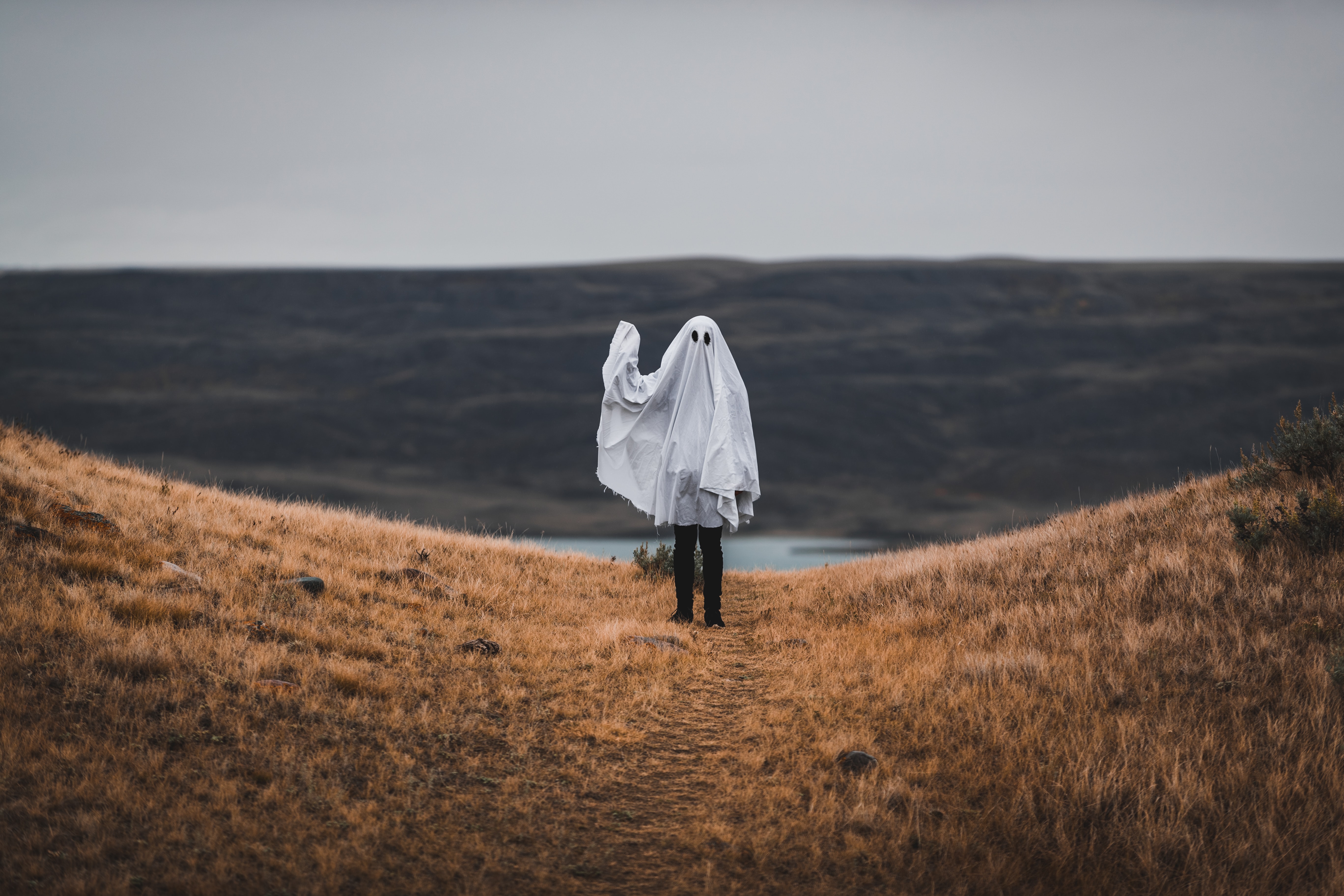
Holiday homes were hot property during the pandemic, fuelled by an inability to travel internationally, high savings rates and very low mortgage rates.
But now the sea- and tree-change shift which picked up pace during the pandemic has faded, meaning what was once a holiday-buying boom has made way for new ‘ghost towns’ across regional Australia.
Ray White data shows the areas with the highest volume of vacant homes, with Victoria dominating the lists.
Nerida Conisbee, chief economist at Ray White, explains that the level of vacancies in regions Victoria is likely elevated by the severe lockdown restrictions put in place during the height of the pandemic.
Sandy Point in Victoria sits at the top of the list with 74.8% of its 726 properties sitting vacant, reflecting a high number of holiday homes in this suburb.
That’s 543 empty properties in one suburb alone!
Carrickalinga in South Australia came in a close second.
The popular South Australian holiday destination had 604 of its 811 properties sitting vacant - that’s 74.5% of the suburbs homes with no one living in them.
Third and fourth were Smiths Beach and Venus Bay, also both in regional Victoria with a 72.6% and 71.8% vacancy rate respectively.
And it’s not just regional suburbs which have seen some areas turn into ghost towns, a similar trend is also evident in some capital city suburbs.
Portsea on the Mornington Peninsula had around two thirds of homes vacant on Census night - or 1,459 properties with no occupants.
In fact Melbourne suburbs also dominated the list of capital city suburbs with the highest vacancy rates, taking 8 of the 10 spots.
Sorrento, Blairgowie, Rye, Tootgarook, Flinders, Shoreham and St Andrews Beach also made the list.
Elsewhere, Brisbane’s Point Lookout made the top 10 list in fourth place thanks to its 55.1% vacancy rate, while Pearl Beach on Sydney’s Central Coast also appeared in fifth place with 53.2% left unoccupied.
Is this the secret to easing our rental crisis?
Conisbee pointed out that putting at least some of the 1.04 million unoccupied homes back onto the market would help ease the rental crisis.
“With many holiday destinations struggling with a shortage of rental properties for long term residents, it is likely that restrictions on owning holiday homes will increase over time,” she said.
Most recently, the city of Busselton in Western Australia’s south-west imposed the harshest restrictions on owners of short term rental accommodation in Australia, including curfews for guests and restrictions on pets, she explained.
And a third stage of restrictions looks set to ban holiday homes in some residential areas.
“If rental affordability continues to deteriorate, it is likely more local councils will follow.”
Here’s what I think…
While this data makes for interesting reading, ultimately, it’s important to remember that the share of lending to investors is trending lower and while there is some supply coming via build-to-rent, this will be outweighed by the demand uptick resulting from the re-opening of our international borders and the decline in first-home buyer activity.
I believe the government needs to encourage private investors to get back into the market in order to provide the rental accommodation the government and large corporations cannot.
I can't see any other way that this rental crisis will end.
After all, it's a supply issue.
And we’re currently dealing with a significant rental shortfall and long lead times with built to rent accommodation.
More investors would translate to more rental stock, which would ease demand levels in the rental market and help to overcome an overheating of rental prices.
It seems an obvious solution to me, and one which could help to cool the market quickly.
Not only will it help to improve the rental market, if this happens, it will be the makings of another property boom.